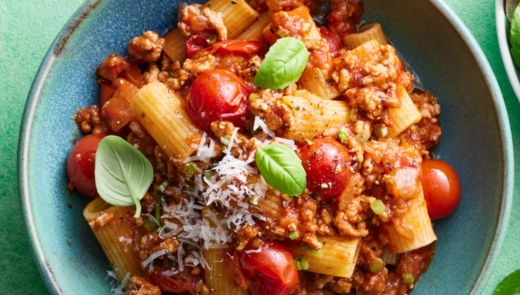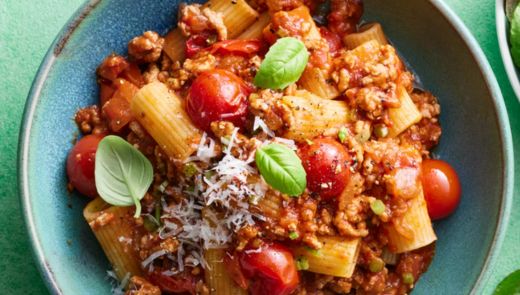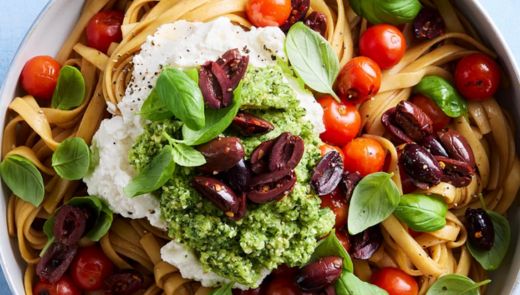A nice glass of wine or an ice cold beer is a relaxing way to end a day or a delicious compliment to a good meal. Alcohol is also a social beverage and a significant part of many cultures. Alcohol does have some health benefits, especially for our hearts, but only when consumed in moderation. For those of us trying to lose or maintain our weight, consuming alcohol may not be the best option for successful weight loss.
Alcohol contains calories, almost as many per gram as fat does. An average glass of wine contains about 100-150 calories, a bottle of beer contains between 100-150 calories, and a shot of hard alcohol between 70-100 calories. Unfortunately, these calories add up very quickly in a night of drinking as many of us don’t stop at just one. Another thing to think about is the mixers, especially when drinking hard alcohol, which can add a significant number of calories and a large amount of sugar. An average margarita or other fruity cocktail can have up to 500 calories, more than some entire meals!
Additionally, alcohol lowers your inhibitions and makes you more likely to make less than optimal choices when dining out. Bars and other places that serve alcohol do not usually have very healthy choices available and you may be tempted to order something not on your diet if you are feeling a little tipsy.
Lastly, since alcohol is toxic to the body, the calories from alcohol are used for energy first before any other available calories. Once the body has a sufficient amount of calories, any excess will be stored as fat. Meaning, that meal you just ate with your two glasses of wine, will all be stored away for later. This is why many beer drinkers have a “beer belly”, all of their food is being stored as fat.
Alcohol, when consumed in moderation, may provide health benefits. It can raise HDL or “good” cholesterol, which helps counteract some of the negative effects of LDL or “bad” cholesterol. It can also reduce your risk of stroke and heart attack. But, remember this is for moderate consumption only, binge drinking can actually lead to increase rate of heart attack along with several other serious medical conditions.
An antioxidant found in the skin of grapes called resveratrol, may be responsible for wine’s heart-healthy reputation. Red wine contains more resveratrol than white wine because red wine is fermented with the grape skins longer than white. It is not necessary to drink wine to get the benefits of resveratrol, as grapes themselves have all the benefits also. Most research on the health benefits of resveratrol has been done on animals and in many studies the doses of resveratrol used were significantly larger than most people should consume in a day. These studies have suggested that resveratrol may help prevent diabetes, obesity, and reduce overall inflammation, all risk factors for heart disease.
Resveratrol is chemically similar to synthetic estrogen. Estrogen has been shown to be cardio-protective, therefore resveratrol may act similarly. The discovery that resveratrol acts like estrogen, may lead to further research on using it for treatment of certain estrogen-dependent cancers like breast cancer.
Even though wine may contain some beneficial properties, drinking too much can increase your blood pressure, cause liver damage, and may be linked to certain types of cancer. Depending on your medical condition or medications you might be taking, you may need to avoid alcohol completely. If you do not have any specific limitations, it is still important to drink in moderation.
The recommended amount for women is one drink per day, and two drinks per day for men. Watch your portion sizes when drinking; a standard serving for wine is 100 mL, 375 mL for beer, and 30 mL for hard alcohol. Many restaurants and bars serve significantly larger portions than what is considered one drink, so be aware of this when drinking away from home as you may be consuming more than you intended. Try not to mix different types of drinks in one evening and drink a glass of water between each beverage. If you are trying to lose weight, look for calorie-free mixers such as soda water or diet soft drinks, and limit the amount of drinks you consume overall.
Post by TAPfit Dietician, Julie Masci.




